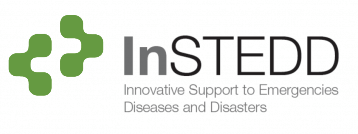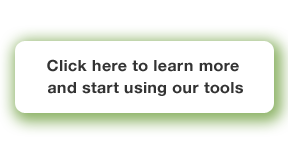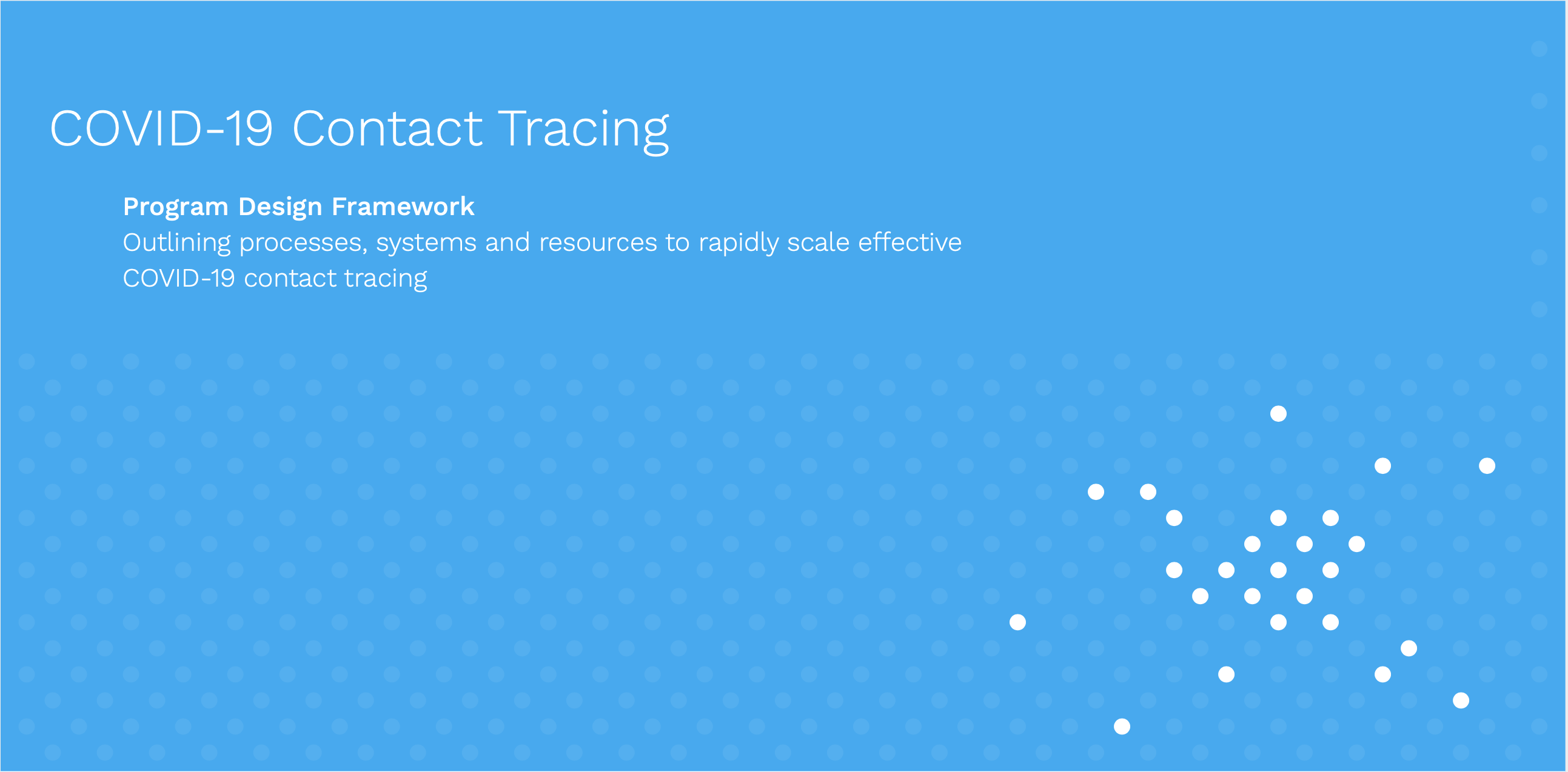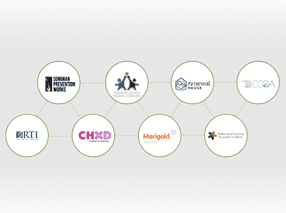At InSTEDD, we have been working to make the world a place where individuals, families and communities thrive, regardless of their geography, income levels or culture. We recognize that when dealing with issues around health, safety and development, there are many obstacles and challenges that we must overcome in order to make a meaningful social impact. That is why everything we do is based on a social-technical approach that involves users and local developers every step of the way. We focus on a human-centered design approach that involves listening openly to our partners, the final users, and experts in that particular issue area. We have the final users near us at every step so that we can learn fast, make changes quickly and work together towards developing an appropriate user-friendly solution.
Modern Toolkit of Free and Open Source Tools for Social Impact
With social impact being our primary goal, we are proud to share our powerful modern toolkit with the rest of the world. InSTEDD’s suite of open source tools is a collection of technologies that have been used to support our focus areas of maternal/child health, infectious diseases, emergency management and local innovation/leadership.
We believe that everything can be built in smaller, useful parts, delivering value in weeks, rather than years. Our highly skilled interdisciplinary team of public health experts, scientists, and software engineers works closely with our network of partners in Asia, Africa, Europe and the Americas. Through collaboration, we are able to maximize our resources and work faster, smarter and more cost effectively.
Powerful Tools Designed for Low Resource Communities (and they’re free, too!)
Developers at InSTEDD and in our iLabs around the world create platforms that are always free, reusable, interoperable, open source, and customizable. Designed for low resource settings, all of our tools are built based on knowledge from the real world where challenges are at every turn. Each tool has been designed, tested, and constantly improved by communities with little access to electricity, internet, expensive hardware, and technological literacy and by local leaders working with limited budget, often over stretched staff, and tremendous demands on their time. Whether the tool is used for natural disaster response in Haiti, preventing the spread of Dengue in Bangladesh, improving AIDS response in Rwanda, early detection of infectious disease outbreaks Cambodia, or organizing first responders in isolated communities in the USA, our tools are help communities to thrive.
Examples of InSTEDD Tools in Action
Remindem, our text messaging reminder tool, sends simple texts with to educate, advise, and remind parents and caregivers worldwide about childhood immunizations. (focus area: maternal / child health)
Verboice, our voice-based messaging tool, allows us to communicate clearly with oral communities, building a voice-based educational campaign with tailored messages from local opinion leaders to educate and engage parents and caregivers. (focus area: local innovation / leadership)
Resource Map, our collaborative mapping tool, lets us to see who has sufficient vaccination supplies and where they are, get alerts when supplies are too high or too low. (focus area: infectious diseases)
GeoChat helps teams of first responders, clinical staff, & public emergency response officials to stay in close contact during the aftermath of a disaster. Using this tool, they can keep each other informed about new disease cases, emergency situations, & critical resources in an area. Where problems arise, people on the scene can be immediately connected to a team that offers medical advice, arrives quickly with resources and transportation, or prepares to receive a patient. (focus area: emergency management)
Pollit, our mobile data collection tool, allows program leaders to assess, in an instant, community knowledge, attitudes, behaviors, needs and assets as they develop and evaluate projects. Using Pollit, the beneficiaries can be heard before and after a program or intervention, allowing program leaders to take the pulse of the people anytime and anywhere there is mobile phone service (focus area: local innovation / leadership )







